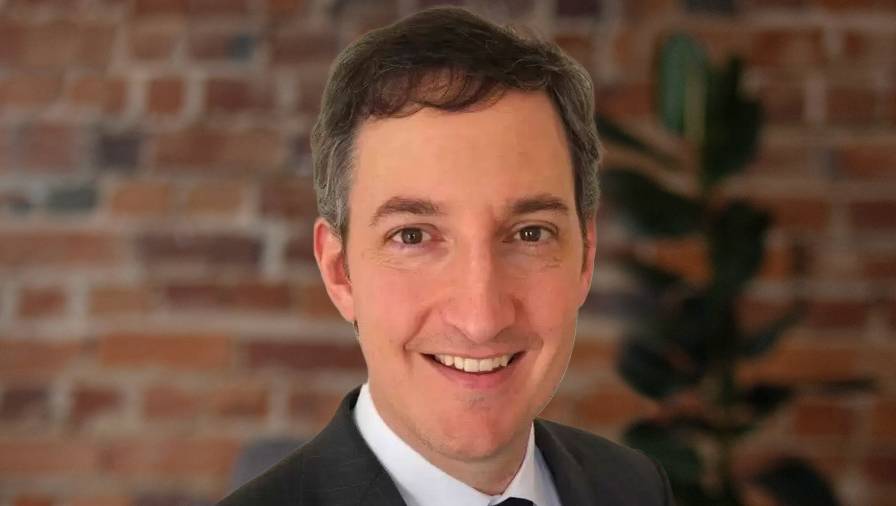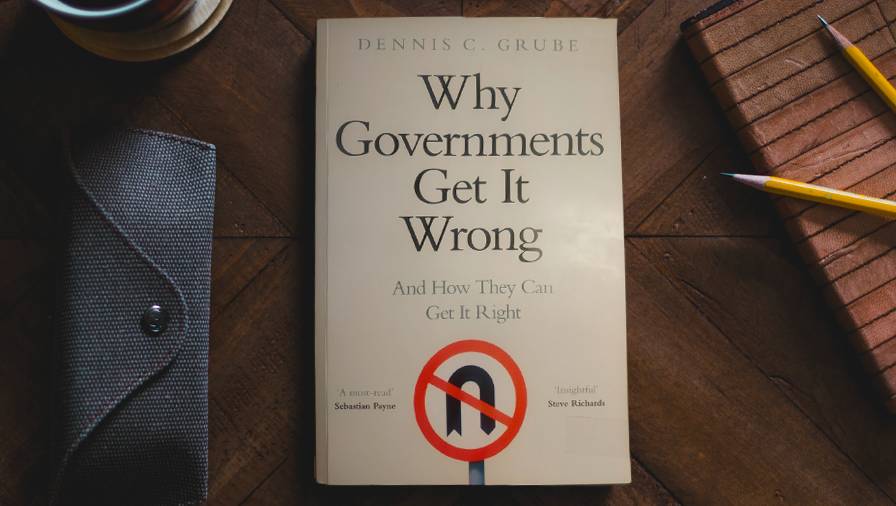Memo to government: Get your ducks in a row
Political scientist provides model for avoiding mistakes.
NBR columnist Nevil Gibson speaks with Calida Stuart-Menteath.
Political scientist provides model for avoiding mistakes.
NBR columnist Nevil Gibson speaks with Calida Stuart-Menteath.
All democratically elected governments end in failure. They lose the confidence of the voting public by regularly making the same mistakes. This puzzles political scientists, who study the reasons for this failure to learn from historical experience.
Among these mistakes are promises to fix complex problems – such as poverty, housing, and unemployment – for which there are no easy solutions. Governments implement policies with no considerations for the consequences, intended or unintended. They under-estimate the public’s ability to accept unpopular moves that turn out to be the right policies.
Every day, politicians and their government servants face a barrage of criticism for their shortcomings from the affected public, opposition politicians, lobbyists, and media commentators.
In the past week, I noticed a minor one about the funding of public schools. A so-called “equity index” had replaced the decile system, supposedly to give the schools in poor areas a leg up.
Equity is not the same as equality, so the danger signs were there. The outcome was reduced funding for a Catholic school in South Auckland largely made up of Pasifika students. Though based in a poor area as defined by the decile system, it was penalised on equity grounds because it had outperformed other comparable schools.
A reasonable interpretation was that its religious environment had benefitted the students, and therefore the school’s performance, regardless of the community’s economic status. In other words, instead of being rewarded, the school was punished for doing better than its peers. That gives a much different meaning to equity.
This one example can be multiplied a dozen times when analysing why a one-party Government, elected just two years ago on a wave of pandemic response popularity, is now being rated as likely to lose the next election.
The reasons are contained in Why Governments Get It Wrong, by political scientist Dennis C Grube, a professor at the University of Cambridge. As a former speech writer for the Tasmanian state government, Grube has inside knowledge of the political process, and the gap between intention and implementation.
University of Cambridge Professor Dennis Grube.
He has authored several academic monographs but this is his first book for the general public. It delivers a simple four-step formula for getting any policy across the line to acceptance. He also produces plenty of evidence of why this doesn’t happen as much as it could.
Four ‘ducks’ have to line up for success. Simply, they are getting a problem defined; putting a story or narrative around how it can be solved; establishing a need through data and evidence; and implementing it without mistakes.
The first step usually exposes the weakness of any policy or issue that needs a solution. Is there actually a problem to solve? Often that is not the case, but political parties are often driven by ideological concerns.
Arguably, the decisions to centralise control of water, hospitals, public broadcasting, and polytechnics were ideological rather than pragmatic. Grube comments:
Problem definition is not necessarily about the ‘truth’ but simply about a perception of a segment of the truth – a segment that is capable of being framed into a problem.
If there is a problem to solve, the reasons need to be explained before the third duck is lined up, providing the evidence for why it should proceed.
Grube provides many examples to illustrate how his model works. Most are well known, such as President Donald Trump’s wall along the border with Mexico to keep out illegal immigrants. The first three ducks looked secure: no country can sustain high levels of illegal migration.
The failure came with implementation. The wall alone did not solve the problem; other solutions have yet to be found. By contrast, Australia’s handling of illegal immigrants was more successful, even if the methods were considered too harsh by many Australians.
Angela Merkel courageously made the Syrian refugee crisis a humanitarian concern.
In Germany, the flood of refugees from the Syrian conflict in 2015 looked to be a political disaster for Angela Merkel, who courageously made it a humanitarian concern. However, time justified her decision, though it created large and permanent political divisions in many European countries.
It also reduced fears when those same countries were faced with millions of refugees from Ukraine earlier this year.
Canadians have refused to vote for electoral reform despite much effort by opponents of first-past-the-post and several referendums giving the public a say. A majority just don’t see it as a problem that needs solving.
Yet New Zealanders, who did opt for proportional representation, are opposed to changing the system. The evidence in both cases shows neither provides more stable government nor is less effective in delivering wider diversity.
Grube examines the pandemic policies in New Zealand, Sweden, and Brazil to demonstrate three ways in which governments tried to integrate data and evidence into a particular perception of political reality.
“Different levels of government intervention, varying narratives on whether and why it was necessary to intervene at all, but all faced the stark reality of statistics that could not be spun out of the way,” he writes.
But the process remained dynamic, as the public indicated what had been a popular policy yesterday may tomorrow find it overtaken by a different reality.
“Strict lockdown policies in New Zealand were justified while elimination of the virus was a reasonable possibility. When that changed, the narrative and the problem definition needed to change with it.”
In Sweden, the reverse was true. “A narrative about balance and individual liberty could only hold as long as the health side of the scales didn’t trip too alarmingly. Once the virus slipped its leash in the second wave, the narrative came under intense pressure along with it.”
In Brazil, President Bolsonaro’s initial line was to reject alarmism about the dangers of Covid-19 and resist policies to combat it. But this “simply proved unpalatable when the reality of Covid deaths came knocking. No rhetoric was capable of keeping it out.”
The judgment of history has yet to be delivered on the health versus economic consequences of the Covid-19 response, though Grube cites success and failure in other health-related policies.
The campaign against smoking is judged a success.
The campaign against smoking is judged a success, with the public accepting that restrictions and taxes were the best means of discouragement. A key element was the depiction of smokers as victims of addiction, rather than demonising them.
By contrast, the Danish ‘fat tax’ to cure obesity failed because its economic impact far outweighed any health benefits. This is what Grube calls a “wicked” problem. These are the ones that have too many aspects – psychological, poor choices, genetics, upbringing, cultural and emotional issues – to be easily solved.
Others in this category range from the provision of housing and child poverty to crime and inequality. Yet politicians are perversely drawn to them because they arouse public feeling.
Grube advises politicians and governments to prepare a story, even when the need for action seems compelling. “Data do not have communicative powers. Evidence never buys a round of drinks. Facts always rely on interpretation.”
Sometimes this emerges after the event, such as the original justification for the ill-fated invasion of Iraq in search of weapons of mass destruction. In conclusion, Grube urges awareness of government’s limitations.
“Political and policy success comes from more than just spin. A good story alone is never enough. But nor are data and evidence sufficient. There also needs to be a well-defined problem and a well-targeted solution. It sounds easy. Experience would suggest it’s not.”
After reading this book, no one should be in doubt that improvement is possible, whether they are involved in government or voting in the hope that obvious mistakes can be avoided.
Why Governments Get It Wrong: And how they can get it right, by Dennis C Gruber (Macmillan).
Nevil Gibson is a former editor at large for NBR. He has contributed film and book reviews to various publications.
This is supplied content and not paid for by NBR.
Sign up to get the latest stories and insights delivered to your inbox – free, every day.